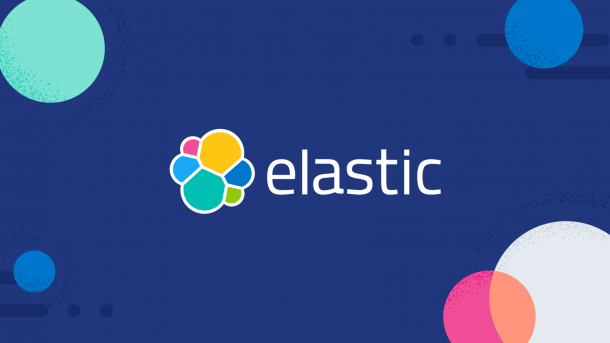Elasticsearch reappears as open -source software
After three years, Elastic is making a U-turn and putting Elasticsearch and Kibana back under an open source license. And that was the plan.

(Image: Elastic)
Elasticsearch and Kibana are once again being released under an open-source license: developer Elastic is releasing the search engine and associated analysis software under the AGPL. The move follows the controversial change three years ago, when the provider only published its products under the ELv2 and SSPL.
The sticking point: although Elastic insisted at the time that the source code was still openly available under the SSPL, the license is not open-source software as defined by the OSI. However, the AGPL explicitly falls under this, as the announcement by Elastic itself emphasizes.
Videos by heise
Amazon AWS as the culprit
At the same time, the developer emphasizes that Amazon was to blame for the situation at the time: Due to the confusing offer of the cloud giant, Elastic should have created clarity with the license change. AWS offered the ELK software (Elasticsearch, Logstash and Kibana) as its own distribution at – with the accusation from Elastic that Amazon was buying its own work but not cooperating with the developer.
In the course of the dispute, AWS decided to create a fork called OpenSearch. Elastic claims in the current announcement that they had expected such a fork. This would inevitably not only have a new name, but also a different direction.
After three years, however, this dispute has been completely resolved – Elastic and Amazon now have a strong partnership. Accordingly, the time has now come to put Elasticsearch and Kibana back under a genuine open-source license. Elastic emphasizes that the change was not a mistake at the time because that was the only reason for all the changes that have now made the turnaround possible.
Just an additional option
It is important to note that the AGPL has been added as an additional license option, so the ELv2 and SSPL will remain in place. Elastic emphasizes that nothing will change for existing users. The provider's hope is clear: it wants to attract more users through additional open source licensing.
The full announcement can be found on Elastic's blog.
(fo)